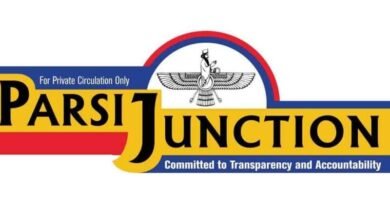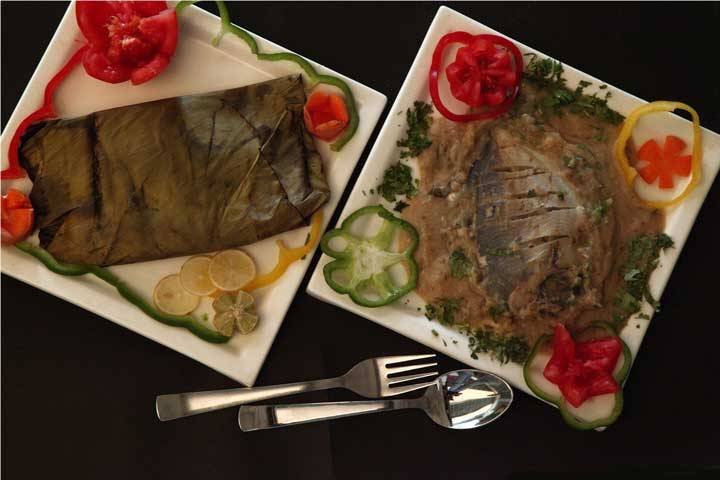Supreme Court to revisit ruling on Parsi girls marrying non-Parsis
Four years after the Gujarat High Court ruled that Parsi women marrying nonParsis would cease to be Parsis, the Supreme Court will examine the ruling which has implications not only for the dwindling small minority but also all other interreligious marriages entered into under the Special Marriages Act.
Unlike personal laws, which allow only a Hindu to marry another Hindu or a Muslim to marry a Muslim or a Parsi to marry a Parsi, the Special Marriages Act, 1954, allows people of different faiths to marry without giving up their religion. Two Hindus could also register their marriage under this secular law which marked the country’s first tentative step towards a uniform civil code.
But in 2012, the Gujarat High Court ruled that a Parsi woman would cease to be a Parsi if she married a nonParsi, unlike her male counterpart who would continue to be a Parsi. The high court ruled that once a Parsi woman married a nonParsi, her religious identity would merge with that of her husband and that she would be deemed converted to his religion. If she wanted to continue to be a Parsi she would have to specifically give up her husband’s religion in court or prove that she led the Parsi way of life.
“In all religions, be it Christian, Parsi, Jews, the religious identity of a woman unless specifically law is made by the Parliament or the legislature, as the case may be, as per the religions, shall merge into as that of the husband. Such rights would be rights other than those… available to a woman given by nature and rights… otherwise specifically protected by express provisions of statute,” the high court said in its verdict.
It said “such principle is generally accepted throughout the world and therefore, until the marriage, after the name of the woman, the name of the father is being mentioned and after marriage, name of husband is being mentioned for the purpose of further describing her identity”.
The same logic was once used by the Puri pandas to keep former PM Indira Gandhi out of the Puri temple although she was a Hindu by birth. They had claimed that she was a Parsi after marriage. Among those questioning the logic of this argument are aggrieved Parsi women and a theatre activist who has had an interfaith marriage
Published on Economic Times





